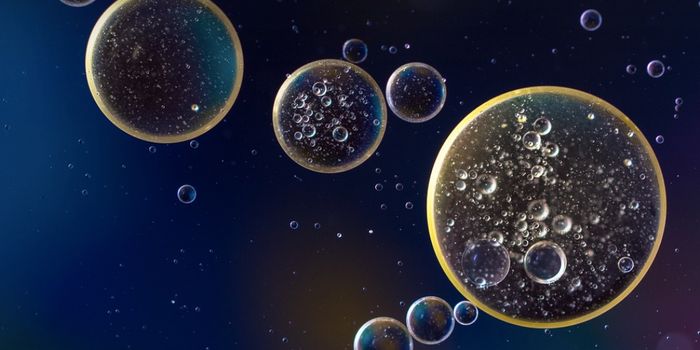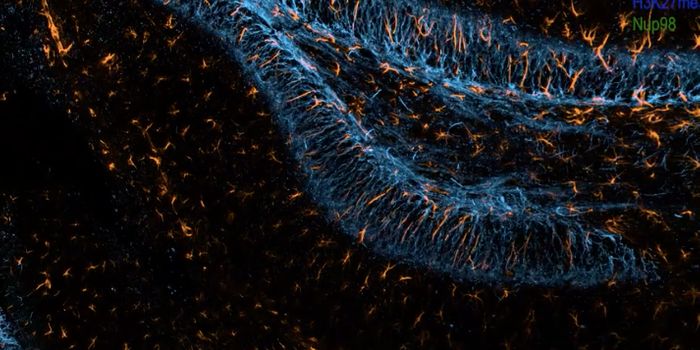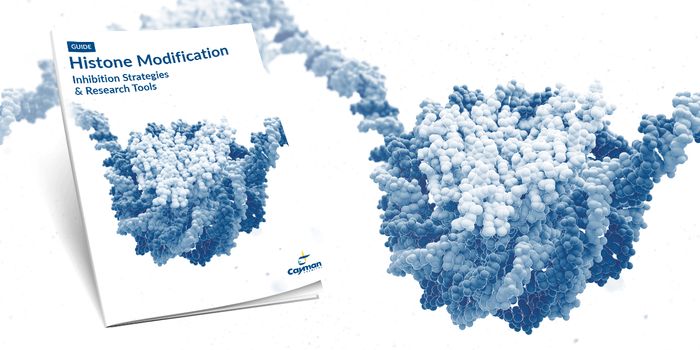Tuberculosis is a deadly bacterial infection that is among the top ten causes of death in the world, according to the World Health Organization. It is highly contagious, and it affects the lungs of millions; there are around 10.5 million new cases every year, and the infection kills around 1.5 million people annually. It is, of course, a disease gets a lot of research attention. Now, scientists at the University of Central Florida are turning to an interesting place for help: the ocean.
Researchers in the lab of UCF Assistant Professor Kyle Rohde, including graduate student Carolina Rodrigues Felix have been screening chemicals taken from marine organisms such as the sea sponge. They have been searching for one that can kill dormant Mycobacterium tuberculosis, the bacterial pathogen that causes the illness. They discovered 26 compounds that had efficacy against the replication of tuberculosis bacteria, they found 19 that could destroy dormant bacteria, and there were seven compounds with both abilities.
“To our knowledge, this is the largest marine natural product screening on TB and the only one that focused on dormant bacteria,” Rohde noted. “There were some that actually killed the dormant bacteria better than the replicating bacteria, which is a novelty, as existing drugs are better at killing replicating bacteria.”
Learn more about the work, which was reported in Antimicrobial Agents and Chemotherapy, from the following video.
“One of the biggest problems is the lack of effective treatments,” said Rohde. “Tuberculosis is very difficult to treat and in most cases, takes six to nine months of taking at least four drugs daily. And most patients don’t stick to their drug regimens for six to nine months because they have undesirable side effects, or they stop taking it when they feel better.”
Mycobacterium tuberculosis has good defenses. Their cell wall is thick and challenging to get through, and they possess proteins that enable it to resist therapeutics. This bacterium can also lay low, hiding out as a dormant bacterium until the treatment is over and the coast is clear when it then reappears and induces illness. “Most of the drugs we have only kill bacteria that are trying to replicate,” Rohde said, “so we need drugs that can kill those dormant ones.”
It’s not a new idea to look to marine creatures for natural chemicals that could fight diseases, and not just to treat tuberculosis, but also cancer and other disorders. Rohde explained that a lot of the time these are not compounds synthesized by the sponge or marine animal, but instead by the microbes the animals hosts in and on their body.
The investigators plan to continue this work and characterize the compounds that have antibacterial efficacy. They have five pure compounds that might work as a tuberculosis treatment, though more studies are needed to evaluate them completely.
“Once we’ve identified these compounds, we want to study them to understand how they work,” Rohde said. “That way if the compound turns out not to be a great drug for use in humans as is, at least we would have identified a new target for antibiotics. Alternatively, we could work with chemists to modify the drug to improve its clinical usefulness.”
Sources: World Health Organization, UCF, Antimicrobial Agents and Chemotherapy









